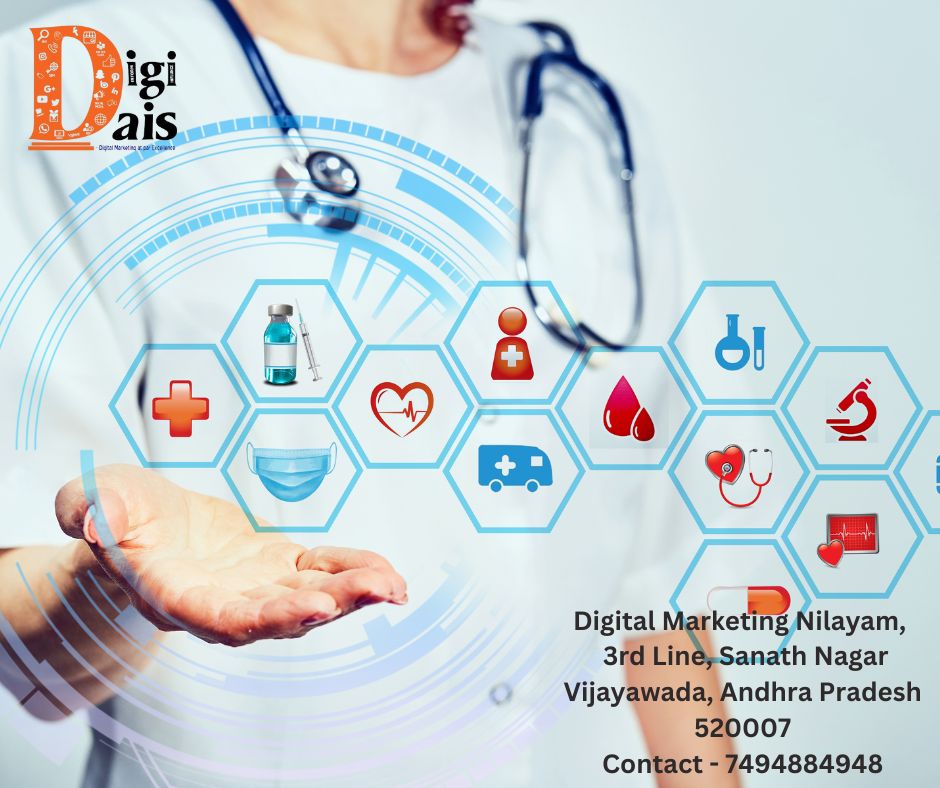Digital Marketing for Doctors: Navigating the Modern Healthcare Landscape
In an era where information is at our fingertips, the role of digital marketing for doctors has become pivotal in establishing a robust online presence, enhancing patient engagement, and fostering trust within the healthcare community.
Building a Professional Brand: Digital marketing allows doctors to craft and promote a professional brand. A well-designed website, informative blog posts, and active social media profiles contribute to an authoritative online presence. This not only attracts new patients but also reinforces trust among existing ones.
Patient Education and Empowerment: Digital platforms provide a medium for doctors to educate patients about various medical conditions, treatment options, and preventive measures. Informative content through blogs, videos, and webinars empowers patients to make informed decisions about their health, promoting a collaborative doctor-patient relationship.
Online Appointment Scheduling: Digital marketing facilitates the implementation of online appointment scheduling systems. This convenient feature streamlines the patient experience, reducing wait times and enhancing accessibility. It also serves as a valuable tool for doctors to manage their schedules more efficiently.
Patient Reviews and Testimonials: Online reviews and testimonials are crucial in today’s healthcare landscape. A positive online reputation can significantly influence a patient’s choice of healthcare provider. Digital marketing strategies can include encouraging satisfied patients to share their experiences, contributing to a positive online presence.
Community Engagement and Networking: Participating in online healthcare communities, forums, and social media groups allows doctors to engage with peers, share knowledge, and stay updated on industry trends. This not only enhances professional networking but also positions the doctor as an authority in their field.
In conclusion, digital marketing for doctors is not just about promoting services but also about fostering a patient-centric approach, embracing technological advancements, and contributing to the overall advancement of healthcare communication in the digital age.
